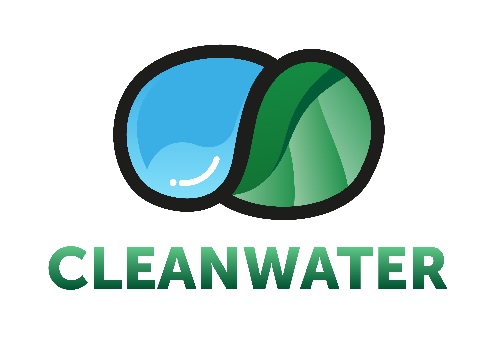- Universidad de Alicante (UALI), Spain
- Budapesti Muszaki es Gazdasagtudomanyi Egyetem (BME), Hungary
- Uniwersytet Marii Curie-Sklodowskiej (UMCS), Poland
- Ustav Geotechniky Slovenskej Akademie Vied (UGT SAV), Slovakia
- ENVIRONCENTRUM SRO (ENV), Slovakia
- Institute of Environmental Geochemistry of the National Academy of Sciences of Ukraine, Ukraine
- Tov. Naukovo Vyrobniche Pidriemstvo Tehnologika (Technologika), Ukraine
- Scientific and Engineering Group "Pulsar" LLC (Pulsar), Ukraine
- Moldova State University (Institute of Chemistry), Republic of Moldova
- Kazakh National Research Technical University after K I Satpayev (KazNTU), Kazakhstan
- Tecnologico Nacional de Mexico (TecNM), Mexico
- Kingston University Higher Education Corporation (KU), United Kingdom
- Advanced nanostructured materials design and consultancy Limited (ANAMAD), United Kingdom
Contamination of drinking-water is an urgent global health concern, preferentially in rural areas, and is highly related to the poor and vulnerable population. This challenge requires a single, easy to handle and low-cost solution able to decrease the levels of pathogens, chemical and radiological hazards to tolerable levels in a single and simple pot (from a sorbent on a glass to a more powerful cold plasma technology). Furthermore, climate change, natural disasters and the actual war in Ukraine urges having available fast effective solutions to avoid the spread of waterborne epidemies and being exposed to unsafe levels of heavy metals or hazardous organic pollutants.
The complexity of such contamination including organic/inorganic species, cationic/anionic species, different size and shape, etc., requires a multicomponent system and/or device, in the form of a tablet or monolith, able to tackle specifically each of these hazards at once. In addition, this multicomponent system, besides tacking the problem in water, can be prepared and/or modified to be biocompatible so that it can also be used as a dietary complement to mitigate/remove all these hazards in human body (as enterosorbent).
Based on these premises, the main goal of the CLEANWATER project is the design and development of multicomponent sorbents prepared by the combination of safe materials (e.g., activated carbons, bone-chars, pectins, among others) able to eliminate these contaminants in drinking water in a single pot or in combination with cold plasma for complete destruction. Furthermore, this sorbent will be modified accordingly to be applied in human body as a dietary complement to remove these species once assimilated in the body.
|
22-23 January 2024 Kick-off meeting on CLEANWATER Project |
The kick-off meeting on CLEANWATER Project have been organized at the University of Alicante (Faculty of Sciences) in Alicante, Spain. 
|
|
June 24-25, 2024 1st WORKSHOP on CLEANWATER Project |
The team from the Institute of Chemistry of Moldova State University participated in the first workshop of the CLEANWATER project, titled Synthesis and Characterisation of Carbon Materials, which was organized at Maria Curie-Sklodowska University (Lublin, Poland), in a hybrid format. |
Abstracts of communications at scientific events
- CEBAN (GINSARI), I., NASTAS, R., LUPASCU, T. Adsorption of caffeic and p-coumaric acids on activated carbons with different surface chemistry. Ukrainian Conference with International Participation “CHEMISTRY, PHYSICS AND TECHNOLOGY OF SURFACE”. 29-30 May 2024, Kyiv Ukraine. p. 187. ISBN 978-617-95367-1-7 https://drive.google.com/file/d/1tJaD4gUBwS9PKcGhHhIu5iku7JwS9E8T/view
- NASTAS, R., CEBAN (GINSARI), I., BOCIRNEA, A., BALAN, I. Complementation of different techniques for elucidating the metal ion binding mechanisms on the carbonaceous adsorbents. International Conference on Carbon Nanoscience and Nanotechnology (NanoteC24), August 27-30th 2024, Nantes, France, p. 75. https://drive.google.com/file/d/1YwauxXHeuVbTucQ0bBuMi99z3AWrumI4/view


